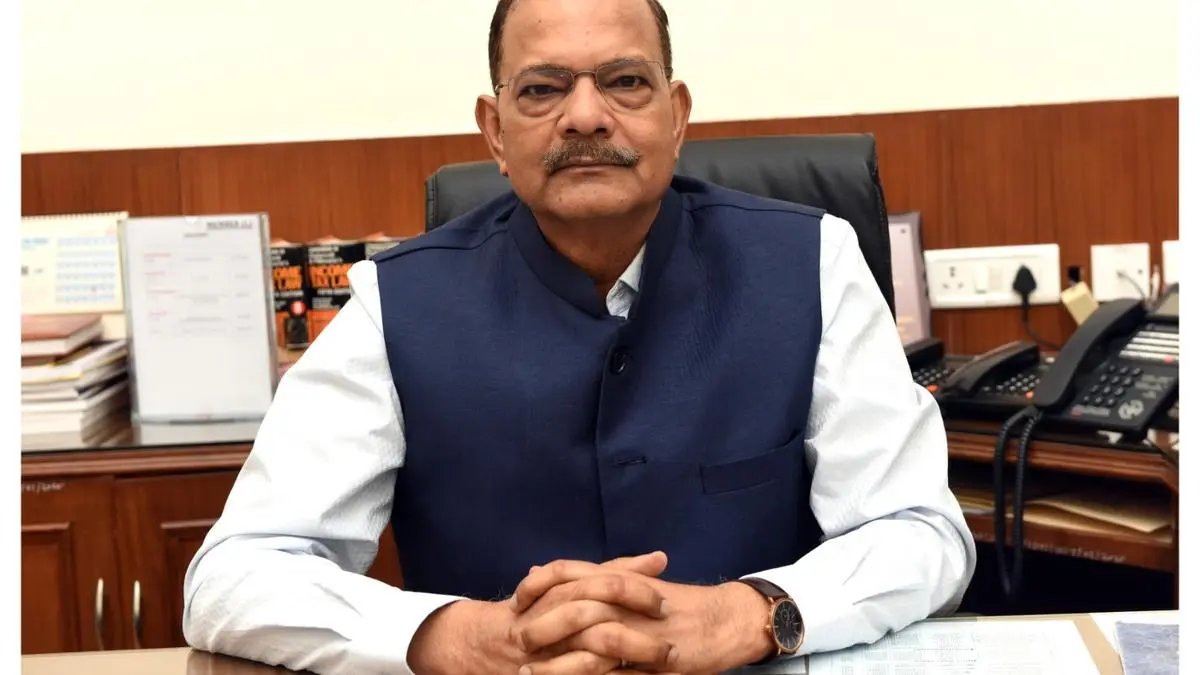Rules, regulations for new IT Law by December 31, says CBDT Member Parbat

Central Board of Direct Taxes (CBDT) will come out rules and regulations by December 31 this year, RN Parbat, Member (Legislation) of the Board told businessline. He also assured that honest taxpayers have nothing to worry about digital information as data privacy will be followed in word as well as spirits. Edited excerpts:
Finance Minister Nirmala Sitharaman told the Rajya Sabha that CBDT will come out with numbers of SoPs for effective implementation. Can you highlight one or two SoPs?
We are in the process of formulating the FAQs and SoPs. As you might have noticed, when Finance Bill 2025 was tabled, on the very same day we came out with a FAQ. We repeated the process when the Income Tax Bill was introduced. The Finance Minister has announced that we will be coming out with an information guide which will be mapping the old provisions with the new and delving into SoPs. We are in the process of formulating them.
The most contentious issue at this moment is access to the digital information of an assessee. There are a lot of apprehensions and misinformation. How would you assure the assessees that their personal information through digital -mapping will not be disturbed?
The Old Act too had these provisions. We have just written them in clearer terms. Secondly, these provisions are applicable only when the department conducts search and seizure and survey operations, which are infrequent in a particular finance year. The honest taxpayers do not have to worry. So far as disclosure of information is concerned, we had Section 138 in the old Act. I think it has become Section 258 in the new Act that provides that disclosure of information cannot be made by the income tax authorities, except as provided in the Act itself. As far as digital data handling is concerned, we will be coming out with an SOP about how to handle the digital data. This issue was examined at great length by the Select Committee. The provisions of the Data Protection Act, too, were examined. We will be working within the ambit of all the established legal proceedings.
Since the new Income Tax Act is to be effective from April 1, 2026, when can we expect rules and regulations for the new act to be in place?
The day the Bill was introduced in Parliament i.e. February 13, the Board constituted rules and formed a committee. They have been working on it since then. They have had public consultations and obtained suggestions. Thousands of suggestions have come from trade and professional bodies, etc. All have been examined, and they are ready with their draft rules and forms. The process of examination by the TPL Division in the board is going to start. This will be a collaborative exercise. They will also be involved and once we finalise it, it will go for approval of the the Finance Minister and consultation with the law ministry. After that, they will be notified. Laid out before Parliament, so we are trying to see that our rules are ready by December 31. Similarly, forms will be of two types. Many forms will be required from next year itself. Many will be required after that. But again, all of them are being formulated and by the time they are required, they will all be ready.
Will we see some changes in the return filing when the new law is in place?
Next year’s return will be filed as per the provisions of the old Act. Changes will start from FY 2026-27. We want to have simpler rules and language. We are also trying to make them smarter with pre-filled forms. We want more common terminology across all forms so that there is no confusion. We want to provide as much ease of doing business to the assessee as possible while using these forms. That is the principle on which the group teams and TPL are working.
So new return forms will be in place from FY 2027-28…
No, many of these — such as TDS filing, which is required quarterly — will only be implemented starting in 2026. The IT system is being developed in coordination with the Drafting Committee and TPL. All three are working together to ensure that the necessary forms are ready and available when they are needed.
In the existing law, we have seen very frequent changes and it is always said that it has lost its soul because of so many changes between 1961 and 2025-26. So how do you ensure consistency?
It is not correct to say that existing law lost its soul. In fact, the existing law has worked very well and served its purpose. Please note that income tax is a dynamic act. It has to change itself according to the new policies. There was a time when international taxation was not a big part of taxation, nor was transfer pricing. When all these developments took place, the APA (Advanced Pricing Agreement), the avoidance rules… they all came in gradually. They have been incorporated in the Act. The current exercise was for simplification and erasing redundancy that has been achieved. Even future amendments will be in similar language in the similar form. So they will be easier for everybody to understand.
Published on August 25, 2025



